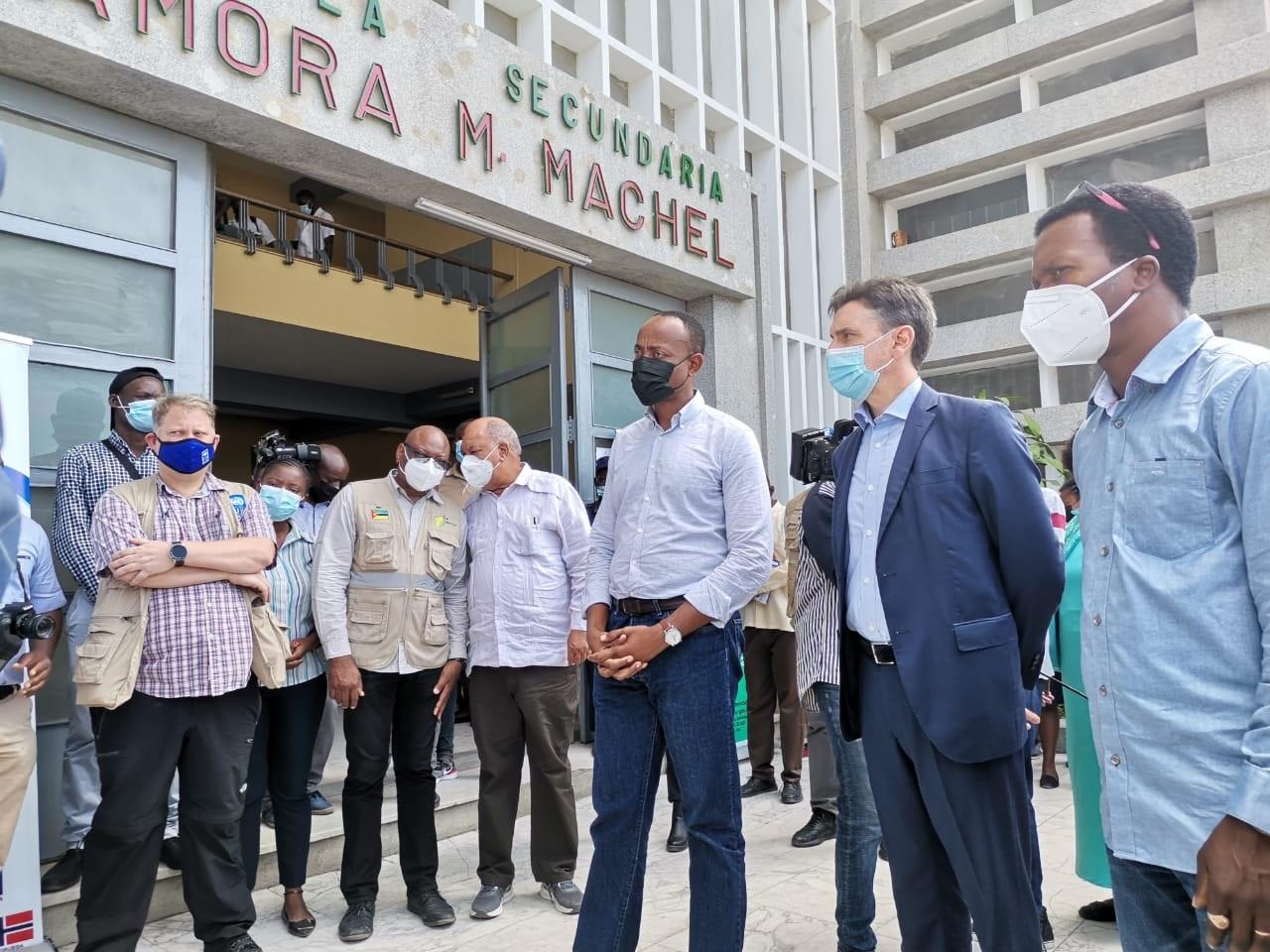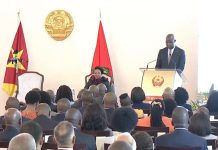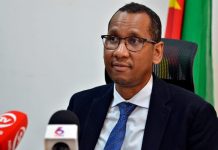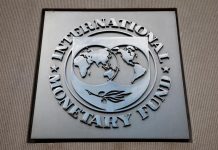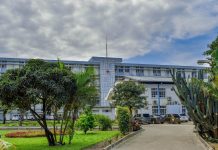Africa-Press – Mozambique. The European Union (EU) has praised the tangible progress achieved by projects under the Post-Cyclone Recovery Mechanism under way in the central Mozambican province of Sofala.
A press release issued by the EU states that the assessment was expressed at the end of a visit by a joint mission (government and EU) to Sofala, to evaluate the activities under the mechanism funded by several partners, for the implementation of post-cyclone recovery projects and the creation of resilience against future disasters.
The projects include the recovery of livelihoods, women’s economic empowerment as well as the rehabilitation of public, community and housing infrastructures, in the wake of cyclone Idai, which devastated, Sofala, particularly the city of Beira, in March 2019. The projects also included strengthening the government’s response and action capacity, particularly for the Post-Cyclone Recovery Office (GREPOC).
“On the ground, livelihood recovery actions and women’s economic empowerment have benefited over 142,000 households, half of which are headed by women. More than 200 women have been trained in saving schemes,” states the release.
The joint mission has also handed over public infrastructures such as a Beira secondary school, 90 resilient and evolving houses, a market and a new primary school built in Mutua resettlement neighbourhood. The Tica market, in Nhamatanda district, is set to be inaugurated in December.
In Dondo district, about 30 kilometres from Beira, the EU Ambassador, Antonio Benedito, said that the infrastructure delivery is part of the third phase of EU response. The first consisted of immediate emergency post-cyclone assistance, followed by the Post-Cyclone Needs Assessment, in line with the commitments made at the International Donors’ Conference held in June 2019, in Beira.
Benedito stressed that in order to accomplish the ultimate goal (Build Back Better), the funds pledged by the EU at the International Conference, namely 200 million Euros in non-refundable grants and 100 million in a soft loan by the European Investment Bank, are fully under way.
“As the EU, we are proud to witness the improvements in the livelihoods of people in Sofala districts, as a result of several interventions, which include professional training and the creation of economic opportunities for income generation, particularly for women; improved access to clean water and sanitation; strengthening learning resources, as schools have been rehabilitated, as well as access to improved general public services,” the release said.
For the rehabilitation of public, community and housing infrastructures, at least 155 craftsmen and 73 university graduates have been trained in resilient building techniques. Eight primary schools have been rebuilt, including the recovery of damaged furniture and equipment.
For More News And Analysis About Mozambique Follow Africa-Press

